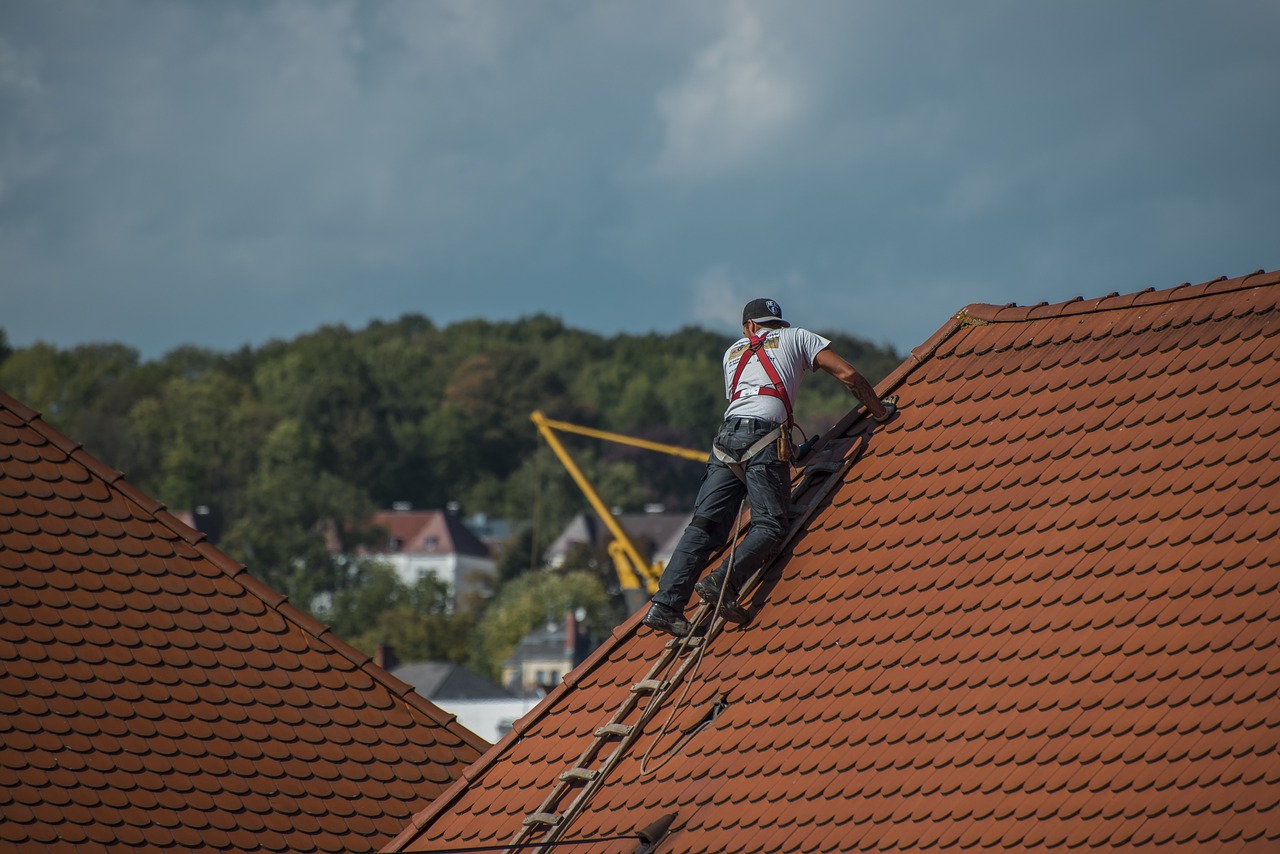Table of Contents
Providing a solid and dependable roof for a home or building ensures protection from the elements and enhances property value. “Ultimate Roof Solutions” offers superior shelter and unmatched quality for various roofing needs and challenges.
• Why Roofing Quality Matters
Quality roofing is more than just a luxury; it’s a necessity. The roof is a structure’s first line of defense against weather conditions, such as rain, snow, wind, and ultraviolet rays. A poorly designed or substandard roof can lead to leaks, water damage, and higher energy costs due to poor insulation.
• Types of Roofing Materials
There are several roofing materials to choose from, each with its advantages and disadvantages. Asphalt shingles are popular for their affordability and durability. Metal roofs, while more expensive, offer longevity and resistance to extreme weather. Slate tiles are known for their aesthetic appeal and excellent lifespan, but they are heavy and require a strong structural support. Other options include clay and concrete tiles, which are highly durable and fire-resistant. Wood shingles or shakes offer a natural look but require more maintenance. The choice of material often depends on the specific needs and preferences of the building owners, taking into consideration factors like climate, budget, and architectural style.
• Installation Process
The roofing installation process begins with a thorough inspection of the current roof condition, followed by the removal of old materials if it’s a replacement job. Next, a water-resistant barrier or underlayment is laid to provide extra protection against moisture. The roof deck is then checked and repaired if needed. Once the preliminary steps are completed, the new roofing materials are carefully installed per manufacturer guidelines. Attention to detail is crucial during this phase to ensure all components fit seamlessly. Finally, a complete inspection ensures the new roof meets safety standards and is ready to provide durable shelter.
• Maintenance and Repairs
Regular maintenance is essential for prolonging the life of a roof. Inspections should be conducted at least twice a year, ideally in the spring and fall, to check for common issues like loose shingles, moss growth, and water pooling. Gutters should be kept clean to prevent water damage, and any signs of wear should be promptly addressed. For minor repairs, replacing a few shingles or sealing small leaks can be a straightforward DIY task. However, for larger issues or structural problems, it’s advisable to hire professional roofers. Proactive maintenance can help identify and address problems before they escalate, saving time and money.
• Environmental Benefits
Opting for environmentally friendly roofing solutions can have a significant positive impact on the environment. Many materials, like metal or clay tiles, are recyclable. Cool roofs, which are designed to reflect more sunlight and absorb less heat, help reduce energy consumption by keeping buildings cooler. Green roofs, covered with vegetation, not only provide natural insulation but also improve air quality and reduce stormwater runoff. Sustainable roofing materials and designs contribute to a lower carbon footprint and can lead to savings on energy bills. As more consumers prioritize eco-friendly options, manufacturers are increasingly offering sustainable and high-performance roofing products.
• Cost vs. Value
While high-quality roofing solutions may come with a higher initial cost, the long-term value is often worth the investment. Superior materials tend to last longer, reducing the frequency and expense of replacements. Energy-efficient roofs can lower utility bills, and well-maintained roofs can prevent costly repairs from water damage and other issues. Additionally, a top-tier roof can enhance curb appeal and boost property resale value. When evaluating roofing options, it’s crucial to consider both the upfront costs and the long-term benefits. Investing in quality can pay off financially while providing reliable protection and peace of mind.
• Choosing the Right Contractor
Selecting the right contractor is crucial for ensuring a successful roofing project. Look for contractors with strong reputations, verified by positive reviews and references. It’s essential to ensure they are licensed, insured, and have experience with the specific type of roofing material being used. A reliable contractor will provide a clear, detailed estimate and be transparent about the timeline and costs. They should also offer warranties on both materials and workmanship. Good communication and professionalism are key indicators of a contractor’s reliability. Taking the time to find a skilled and trustworthy professional can lead to a smoother installation process and a higher-quality roof.
By understanding the importance of quality roofing, the variety of materials available, the installation process, regular maintenance, environmental benefits, cost considerations, and choosing the right contractor, homeowners and property managers can make informed decisions that ensure durable and superior shelter for years to come.
